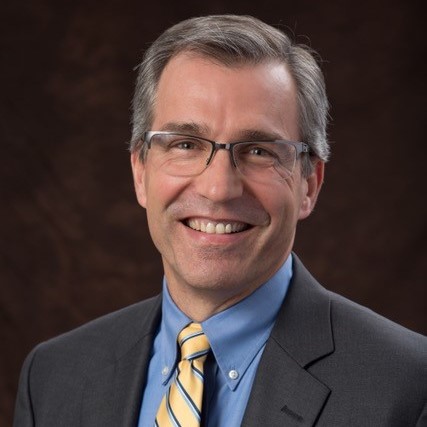Navigating the Cracks in our Mutual, Rapidly Changing Path

Last week, I went for a run early one morning. I’ve been running this route for almost 14 years, and I feel like I can almost complete the run with my eyes closed. Of course, it is when we get too comfortable that we can trip – figuratively and literally. With all of the rain we’ve had in our area, the sidewalk had buckled, creating a new crack, and I didn’t see it. Ouch.
It left me wondering what cracks have surfaced in your practice, teaching, or work. How have the pandemics we are still navigating helped us trust what we know even as they have revealed the cracks, perhaps sometimes causing us to fall? How have the institutions we serve felt both familiar and strange, supportive and awkward? Where have we been able to trust that “we’ve got this” because we’ve done it so many times before, and where have we found ourselves suddenly stumbling? How has this happened for our students, clients, colleagues, families, and friends?
Our current time seems profoundly marked by a lack of trust in institutions and in one another. Conversations with families, friends, and colleagues seem to have tripwires, places where if we don’t see the wire, the whole moment could blow up in a heartbeat. While a sound hermeneutic of suspicion is vital to effective spiritual care, where have the cracks caused us to tumble in ways we were not prepared to manage?
As a part of the education I pursued to receive certification as a professional coach, our teachers had us work with horses recovering from abuse. Because horses are a “prey” animal, we were advised to pause about a mile from the barn, remain very quiet and still, and approach almost reverently. As we spent time with the horses, we were careful not to make sudden or abrupt moves, to engage them gently. I watched professional colleagues brought to tears as they walked alongside these beautiful and broken animals.
We are all suffering from the trauma of the last couple of years. With that same sense of reverence, I wonder how we can approach those we serve – students, clients, colleagues, communities, patients, families, soldiers, and even institutions. How can we hold one another in ways with accountability and grace, challenge and wonder, dispute and appreciation? How can we carry each other in this time in ways that acknowledge we have all been through a great deal, that we still have miles to go, and that the best way to get there is together? How can communities of practice, informal meet-ups, and virtual gatherings help us assist one another in navigating the cracks in our mutual, rapidly changing path?
I’m not sure any of us knows the best way to get through the coming months. But I trust that we need each other to travel well – as colleagues, as friends, and as an association.
Trace Haythorn is the Executive Director of ACPE and can be reached at Trace.Haythorn@acpe.edu
